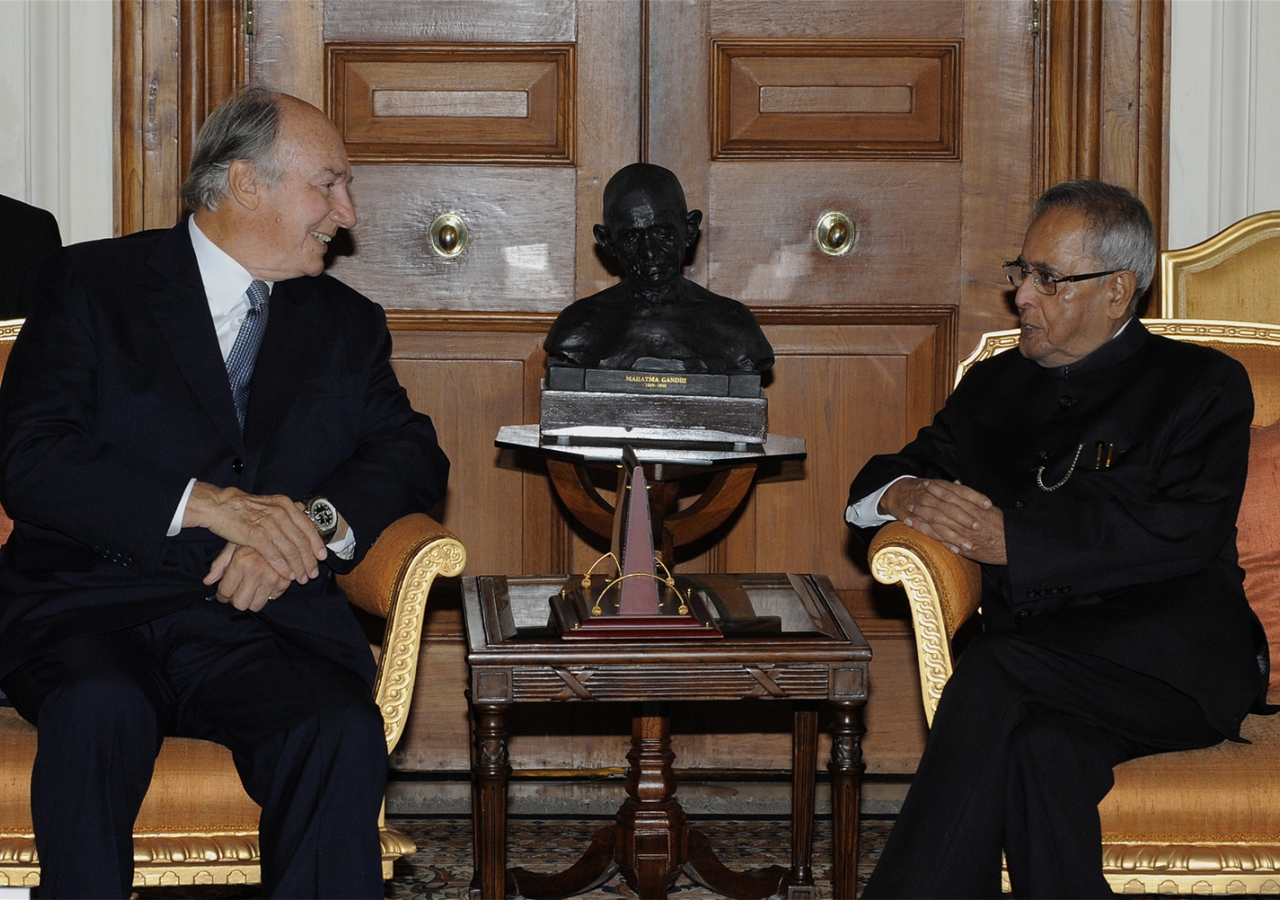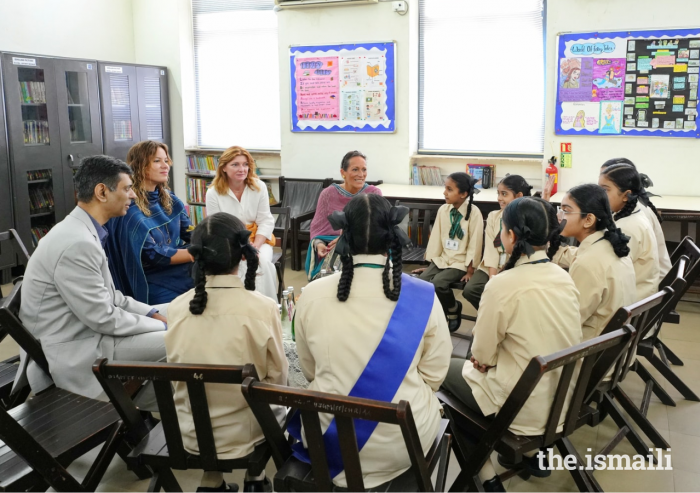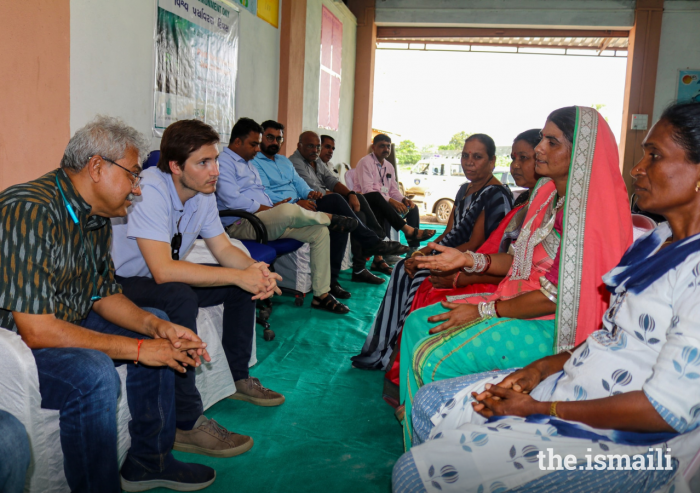Instituted in 1954, the Padma Awards recognise individual achievements in a wide range of disciplines. Furthermore, a recipient’s demonstrated excellence must be complemented by a commitment to public service in their field of achievement.
The Padma Awards comprise three levels of recognition: Padma Shri is awarded for distinguished service; Padma Bhushan is for distinguished service of a high order; and Padma Vibhushan recognises exceptional and distinguished service. The Government of India has named 104 recipients of Padma awards this year.
The Ismaili Imamat has a long and historic relationship with India, and continues to work in close partnership with the government and people of the country through the institutions of the Aga Khan Development Network. The work of the AKDN in India goes back over a 100 years to 1905, when the first Aga Khan School was established in Mundra, Gujarat. Today, there are Aga Khan schools across the country, including the Aga Khan Academy, Hyderabad — the second in a network of International Baccalaureate schools being established across Asia and Africa that aim to develop home grown leadership.
The Urban Renewal Initiative in Delhi is a landmark AKDN project that unifies three historical sites — Humayun’s Tomb, Nizamuddin Basti and Sunder Nursery — into one unique heritage precinct. Another iconic project is the Aga Khan Rural Support Programme, which was established in 1984. To date it has reached over 500,000 beneficiaries in over 1,100 villages in Gujarat, Madhya Pradesh and Bihar.
The Padma Vibhushan is expected to be conferred upon Mawlana Hazar Imam by the President of India.








